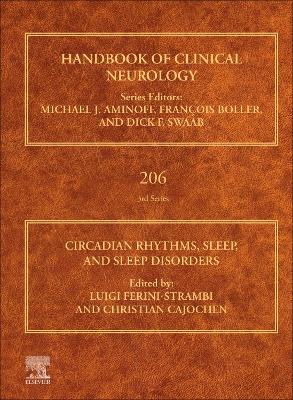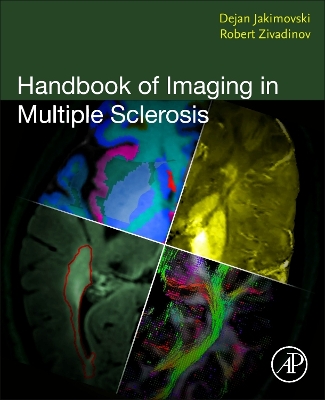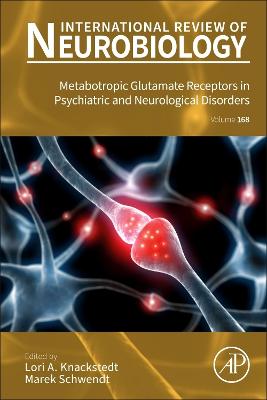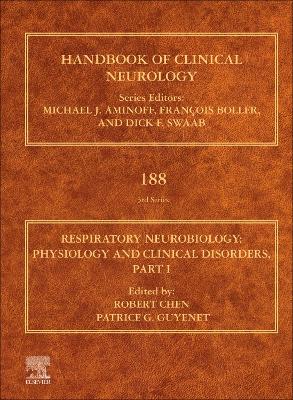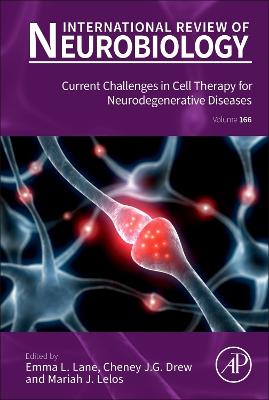Febrile Seizures
 -10%
portes grátis
-10%
portes grátis
Febrile Seizures
New Concepts and Consequences
Baram, Tallie Z.; Shinnar, Shlomo; Stafstrom, Carl E.
Elsevier Science & Technology
09/2022
368
Dura
Inglês
9780323899321
15 a 20 dias
Descrição não disponível.
1. Incidence and prevalence of febrile seizures
2. Who gets recurrent febrile seizures (also complex)
3. Outcomes of febrile seizures: cognitive and epileptogenesis: B. Genetic and Acquired Syndromes Associated with Febrile Seizures
4. The genetic landscape of febrile seizures and GEFS+
5. SCN1A and Dravet syndrome
6. Other channel syndromes
7. FIRES and related syndromes C. Febrile Status Epilepticus
8. Epidemiology of FSE
9. Neuroimmune aspects of FSE
10. FSE and TLE
11. FSE and TLE- evolving therapeutic and surgical landscape
12. Cognitive outcome of FSE D. The Neurobiology of FS and FSE: experimental approaches
13. Why do febrile seizures involve the developing brain?
14. Cytokines in FS rat models
15. FS and FSE generation in rats and mice E. The Neurobiology of FSE-induced epilepsy and cognitive deficits: Experimental approaches
16. The pathogenesis of FSE-induced epilepsy: Neuroinflammation and Epigenetics
17. MicroRNAs and Epigenetic processes in FSE-provoked epilepsy
18. HCN channels in human and rodent Epileptogenesis induced by FSE
19. Cognitive problems following eFSE
20. Predicting TLE-like epilepsy - the role of MRI: F. Clinical and Translational Implications of FSE
21. MRI for assessing the impact of FSE and predicting outcomes
22. EEG for assessing the impact of FSE and predicting outcome G. Management of febrile seizures and FSE- past, present and futures
23. Evaluation and Practical Management approaches to simple and complex febrile seizures
24. What do we tell parents of a child with simple or complex febrile seizures?
25. The future of FS, FSE and their epileptogenic and cognitive outcomes
2. Who gets recurrent febrile seizures (also complex)
3. Outcomes of febrile seizures: cognitive and epileptogenesis: B. Genetic and Acquired Syndromes Associated with Febrile Seizures
4. The genetic landscape of febrile seizures and GEFS+
5. SCN1A and Dravet syndrome
6. Other channel syndromes
7. FIRES and related syndromes C. Febrile Status Epilepticus
8. Epidemiology of FSE
9. Neuroimmune aspects of FSE
10. FSE and TLE
11. FSE and TLE- evolving therapeutic and surgical landscape
12. Cognitive outcome of FSE D. The Neurobiology of FS and FSE: experimental approaches
13. Why do febrile seizures involve the developing brain?
14. Cytokines in FS rat models
15. FS and FSE generation in rats and mice E. The Neurobiology of FSE-induced epilepsy and cognitive deficits: Experimental approaches
16. The pathogenesis of FSE-induced epilepsy: Neuroinflammation and Epigenetics
17. MicroRNAs and Epigenetic processes in FSE-provoked epilepsy
18. HCN channels in human and rodent Epileptogenesis induced by FSE
19. Cognitive problems following eFSE
20. Predicting TLE-like epilepsy - the role of MRI: F. Clinical and Translational Implications of FSE
21. MRI for assessing the impact of FSE and predicting outcomes
22. EEG for assessing the impact of FSE and predicting outcome G. Management of febrile seizures and FSE- past, present and futures
23. Evaluation and Practical Management approaches to simple and complex febrile seizures
24. What do we tell parents of a child with simple or complex febrile seizures?
25. The future of FS, FSE and their epileptogenic and cognitive outcomes
Este título pertence ao(s) assunto(s) indicados(s). Para ver outros títulos clique no assunto desejado.
Seizures; Epilepsy; genetics; status epilepticus; neuroepidemiology; neurobiology; animal models; electrophysiology; EEG
1. Incidence and prevalence of febrile seizures
2. Who gets recurrent febrile seizures (also complex)
3. Outcomes of febrile seizures: cognitive and epileptogenesis: B. Genetic and Acquired Syndromes Associated with Febrile Seizures
4. The genetic landscape of febrile seizures and GEFS+
5. SCN1A and Dravet syndrome
6. Other channel syndromes
7. FIRES and related syndromes C. Febrile Status Epilepticus
8. Epidemiology of FSE
9. Neuroimmune aspects of FSE
10. FSE and TLE
11. FSE and TLE- evolving therapeutic and surgical landscape
12. Cognitive outcome of FSE D. The Neurobiology of FS and FSE: experimental approaches
13. Why do febrile seizures involve the developing brain?
14. Cytokines in FS rat models
15. FS and FSE generation in rats and mice E. The Neurobiology of FSE-induced epilepsy and cognitive deficits: Experimental approaches
16. The pathogenesis of FSE-induced epilepsy: Neuroinflammation and Epigenetics
17. MicroRNAs and Epigenetic processes in FSE-provoked epilepsy
18. HCN channels in human and rodent Epileptogenesis induced by FSE
19. Cognitive problems following eFSE
20. Predicting TLE-like epilepsy - the role of MRI: F. Clinical and Translational Implications of FSE
21. MRI for assessing the impact of FSE and predicting outcomes
22. EEG for assessing the impact of FSE and predicting outcome G. Management of febrile seizures and FSE- past, present and futures
23. Evaluation and Practical Management approaches to simple and complex febrile seizures
24. What do we tell parents of a child with simple or complex febrile seizures?
25. The future of FS, FSE and their epileptogenic and cognitive outcomes
2. Who gets recurrent febrile seizures (also complex)
3. Outcomes of febrile seizures: cognitive and epileptogenesis: B. Genetic and Acquired Syndromes Associated with Febrile Seizures
4. The genetic landscape of febrile seizures and GEFS+
5. SCN1A and Dravet syndrome
6. Other channel syndromes
7. FIRES and related syndromes C. Febrile Status Epilepticus
8. Epidemiology of FSE
9. Neuroimmune aspects of FSE
10. FSE and TLE
11. FSE and TLE- evolving therapeutic and surgical landscape
12. Cognitive outcome of FSE D. The Neurobiology of FS and FSE: experimental approaches
13. Why do febrile seizures involve the developing brain?
14. Cytokines in FS rat models
15. FS and FSE generation in rats and mice E. The Neurobiology of FSE-induced epilepsy and cognitive deficits: Experimental approaches
16. The pathogenesis of FSE-induced epilepsy: Neuroinflammation and Epigenetics
17. MicroRNAs and Epigenetic processes in FSE-provoked epilepsy
18. HCN channels in human and rodent Epileptogenesis induced by FSE
19. Cognitive problems following eFSE
20. Predicting TLE-like epilepsy - the role of MRI: F. Clinical and Translational Implications of FSE
21. MRI for assessing the impact of FSE and predicting outcomes
22. EEG for assessing the impact of FSE and predicting outcome G. Management of febrile seizures and FSE- past, present and futures
23. Evaluation and Practical Management approaches to simple and complex febrile seizures
24. What do we tell parents of a child with simple or complex febrile seizures?
25. The future of FS, FSE and their epileptogenic and cognitive outcomes
Este título pertence ao(s) assunto(s) indicados(s). Para ver outros títulos clique no assunto desejado.

